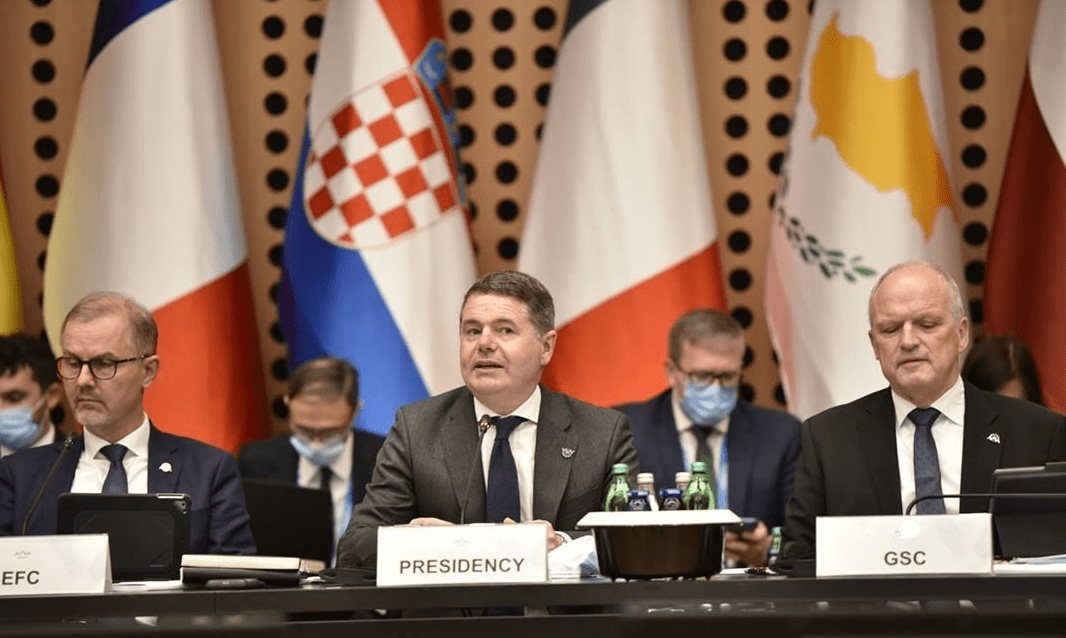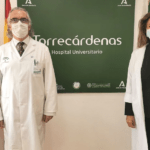During the Slovenian Presidency of the Council of the European Union, held on 10-11 September ,the Ministry of Finance organised an Informal Meeting of Ministers for Economic and Financial Affairs.
This was a traditional meeting of ministers for economic and financial affairs, where the ministers joined by the governors of national central banks and other participants to exchange views on ongoing affairs related to the economic and financial fields.
On the first day of the meeting, 10 September, two working sessions were held. The first session was dedicated to the regulation of the financial sector and the balance between financial stability and sustainable financing of the economy. The second working session was focused on the options for channeling IMF special drawing rights to vulnerable countries. Central bank governors also joined the ministers on the first day of the meeting.
The second day of the meeting, 11 September, featured two working sessions. At the first working session, the ministers discusses simulations of fiscal scenarios to ensure a resilient recovery and sufficient space for future investment. The second working session devoted to a discussion on the future of taxation.
Main results
Economic situation in the euro area
The director of the European Centre for Disease Control (ECDC), Andrea Ammon, updated the Eurogroup on the COVID-19 epidemiological situation. Ministers followed up with a discussion on the economic situation and exchanged views with the chair of the European Parliament’s committee on economic and monetary affairs, Irene Tinagli.
“Our efforts are feeding improved euro area growth prospects that matter for the EU citizens, their jobs and their income. The decisions of the European Central Bank, the work of the Commission, combined with the coordination of the Eurogroup, are making a difference in the improved prospects that our different institutions are now communicating.”
Paschal Donohoe, President of the Eurogroup
Euro area: managing the uneven impact of COVID-19
The Eurogroup discussed the lessons learned from the uneven impact of COVID-19 across economic sectors and regions. Ministers focused on the implications of the pandemic in the medium-term in terms of policy actions necessary to avoid divergences.
The discussion was supported by a note prepared by the European Commission on the issue of convergence in the euro area.
Corporate solvency and adjustment capacity in the euro area in the recovery period
Following their agreement in previous meetings to monitor solvency and restructuring needs, ministers discussed the solvency situation of the corporate sector and potential measures to facilitate the corporate restructuring and economic adjustment in the euro area in the post-COVID recovery period.
“While we are at a point of recovery, we also acknowledge how much work needs to be done and the work that lies ahead. During our discussion today, we reaffirmed that we will continue to take a supportive stance in helping our economies to recover, but we’ll move from a more general approach to a more targeted one.”
Paschal Donohoe, President of the Eurogroup
Other business
The European Central Bank (ECB) briefed the Eurogroup on the decision of the ECB Governing Council of July 2021 to launch the investigation phase of the digital euro project.








Leave a Reply